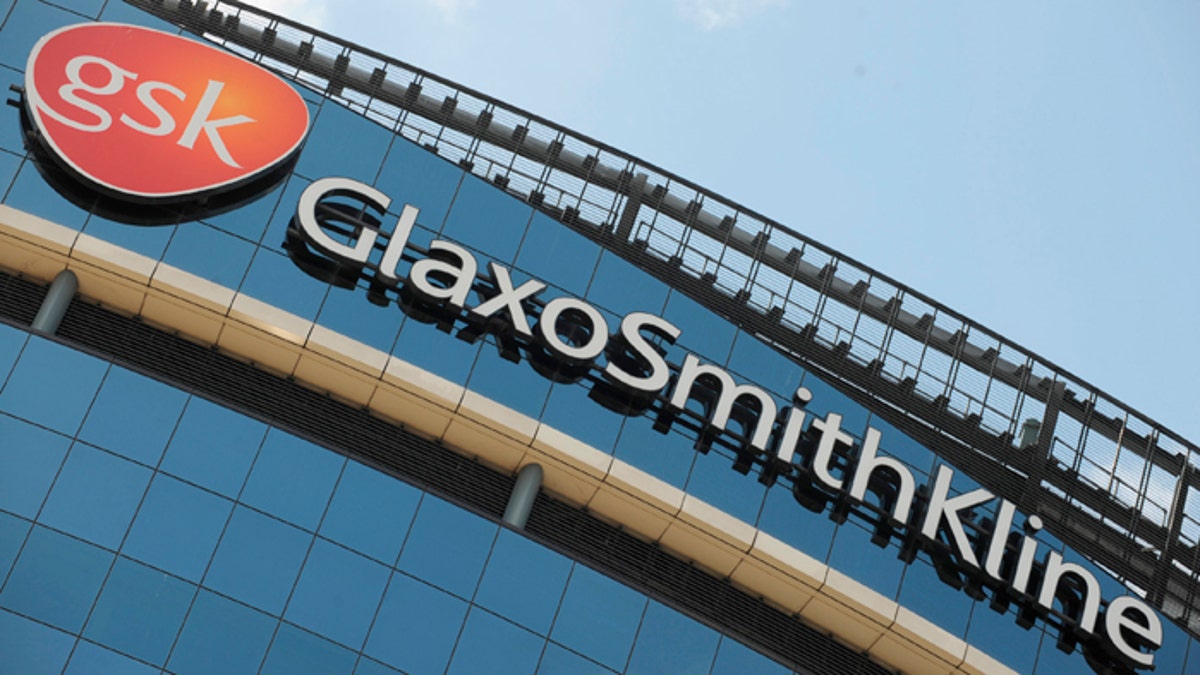
Signage is pictured on the company headquarters of GlaxoSmithKline in west London July 21, 2008. GlaxoSmithKline announce their half yearly results on Wednesday July 23. REUTERS/Toby Melville (BRITAIN) - RTR20E8O (REUTERS/Toby Melville)
British drugmaker GlaxoSmithKline, which paid $3 billion last year to settle charges that it gave misleading information on its medicines, said on Tuesday it would publish more of its clinical research data.
When the company agreed to the fines last July, government officials called it the largest healthcare fraud case in U.S. history, involving Glaxo drugs such as the antidepressant Paxil and diabetes pill Avandia.
Other firms have also reached settlement deals and the industry has come under growing pressure from campaign groups to release all their clinical trial data.
GSK said it would publish the results of clinical study reports (CSRs) and clinical trials, showing its commitment to transparency.
The company already promised in October 2012 to make data from its clinical trials available to other researchers. This would include patient-level results that sit behind trials of approved and failed drugs.
"Expanding on this, GSK is committing to make CSRs publicly available through its clinical trials register," the company said in a statement.
CSRs are formal study reports that provide more detail on the design, methods and results of clinical trials and form the basis of submissions to regulators such as the United States Food and Drug Administration and European Medicines Agency.
The drugmaker said that it would now publish CSRs for all its medicines once they are approved or discontinued from development. This would allow for the data to be first reviewed by regulators and the scientific community, it said. Patient data will be removed to ensure confidentiality.
Patrick Vallance, GSK's president of pharmaceuticals research and development, said the promises were aimed at helping "advance scientific understanding and inform medical judgment".
"Our commitment also acknowledges the very great contribution made by the individuals who participate in clinical research," he said in the statement.
In an apparent effort to put its past record straight, GSK also said it intends to publish CSRs for clinical outcomes trials for all approved medicines dating back to the formation of the company in 2000.
It said this would take time and resources as it would require retrieval and examination of each historic CSR to remove confidential patient information.
"Given the significant volume of studies involved, the company will put in place a dedicated team to conduct this work which it expects to complete over a number of years," it said.
